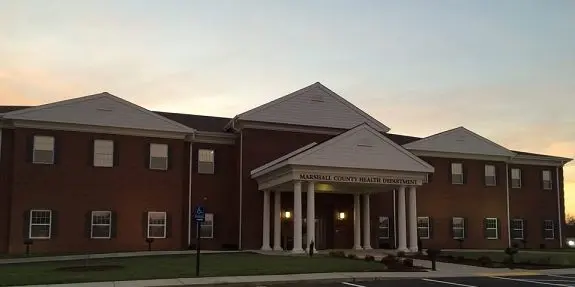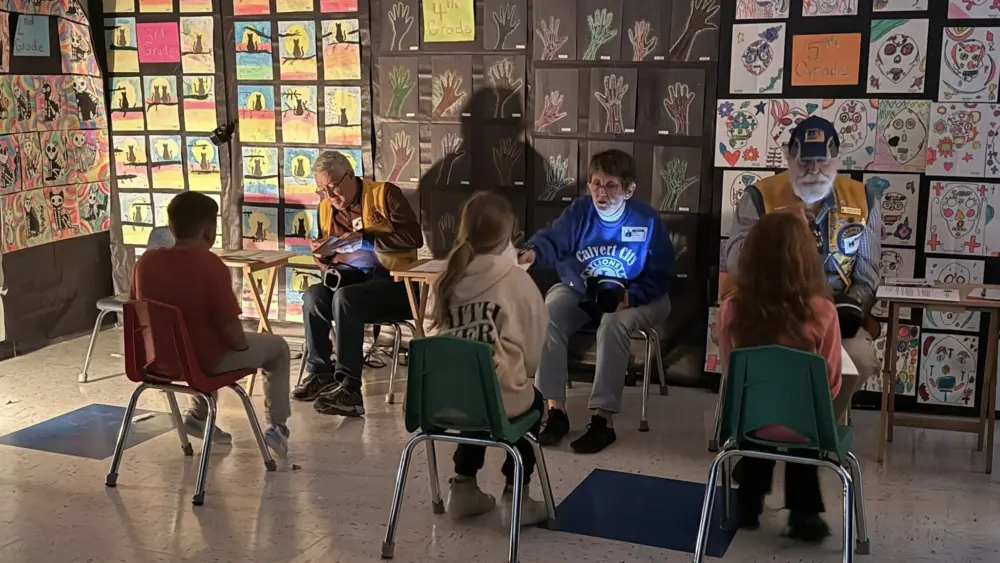In Kentucky alone it is estimated that 70,000 individuals have Alzheimer’s disease and 271,000 people are their caregivers. About 271,000 caregivers are dealing with strange behaviors that they may not know how to deal with. Wandering, hallucinations, paranoia, aggression, shadowing, the exaggerated use of curse words. These are just a few of the many behaviors that can accompany a diagnosis of Alzheimer’s disease or a related dementia. What causes them? What can we do about them?
What caregivers do not always understand is that these behaviors communicate messages from our loved ones because of the inability to verbalize their wants, needs, and feelings and because the person with the disease now has a reality all their own. Many caregivers think that their loved one is being difficult on purpose, but in reality, their loved one is having a very difficult time. Rather than being defensive when blamed for something by their loved one, it is much better to apologize, even if the caregiver did nothing wrong. It can quickly ease the situation.
Wandering may often communicate boredom, hunger or thirst or even a need to go to the bathroom. Sudden changes in behaviors may be linked to changes in the person’s routine or an infection.
What should caregivers do when their loved ones experience these behaviors? Put on your detective hat. Detect and connect. Join their reality. What might be causing the behavior? Look at the physical needs of the person. Is the person hungry, thirsty, or need to go to the restroom? Is the person sick? Once these needs have been ruled out look at the environment. Has the person’s routine changed? Is the person overstimulated? Is the person stimulated enough? What are the person’s emotional needs? How does the situation feel to your loved one? Try to identify the feelings behind the behavior of your loved one.”
To learn more about behaviors, join in on a Telehealth program: Management of Behavioral Symptoms in Dementia that will be offered from 4:30-6 pm. on Thursday, July 27 at the following locations:
Pennyrile Area Development District in Hopkinsville
Baptist Health Madisonville
Murray Calloway County Hospital
Baptist Health Paducah
This program is offered through an interactive telemedicine system to connect with persons who are impacted by Alzheimer’s disease and related memory disorders, providing education and supportive services across the state of Kentucky. A panel of experts from the University of Kentucky Sanders Brown Center on Aging and the Alzheimer’s Association will answer audience questions. This event is free and open to the public. To register, please contact Hardin Stevens at 859-323-2997 or hardin.stevens@uky.edu by July 20.






